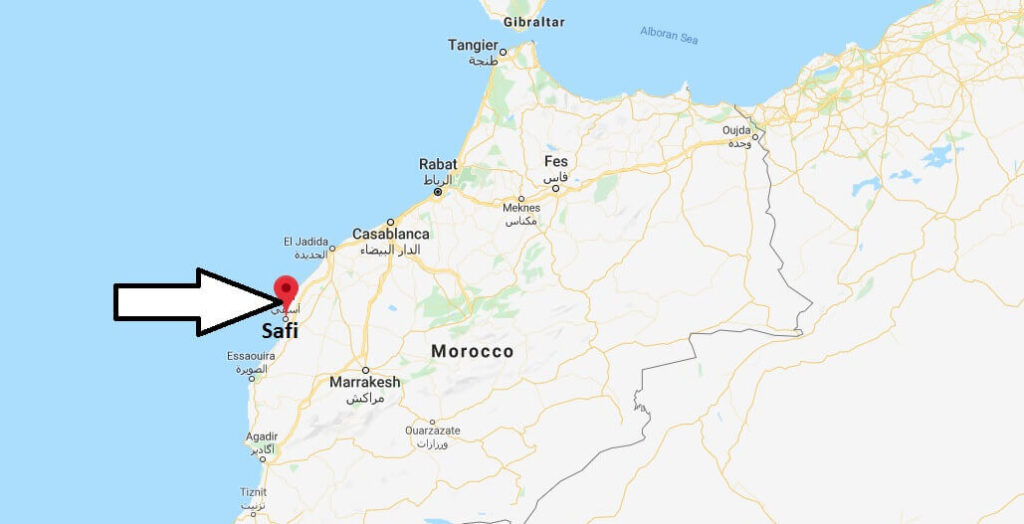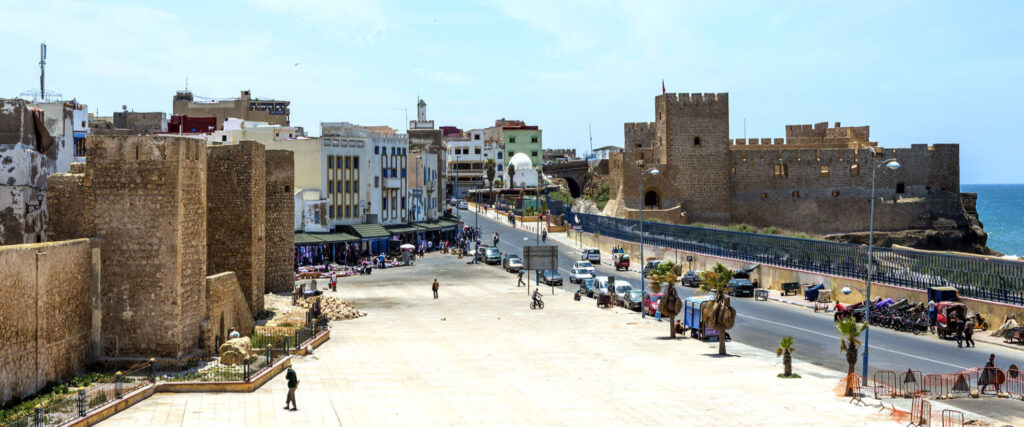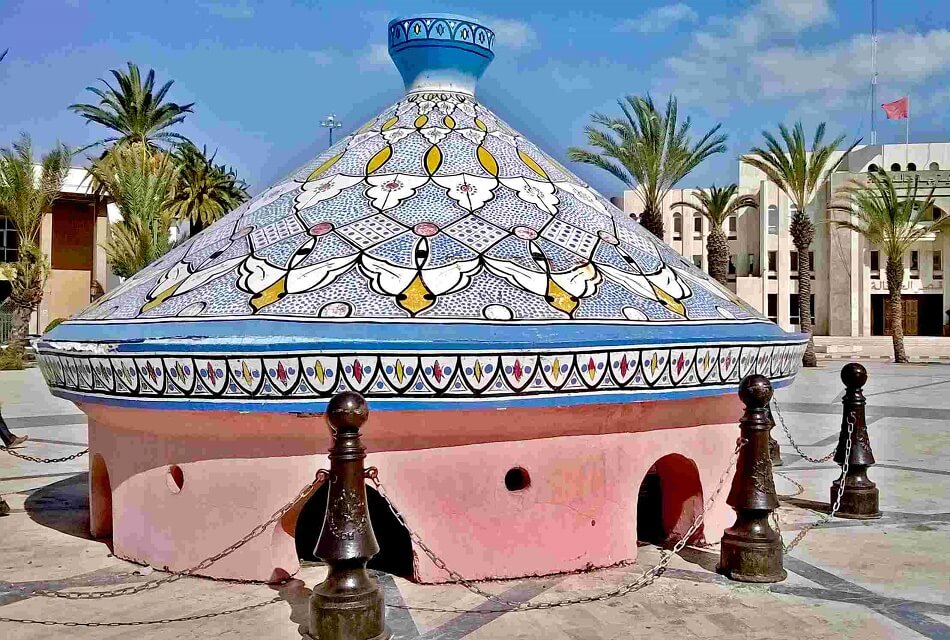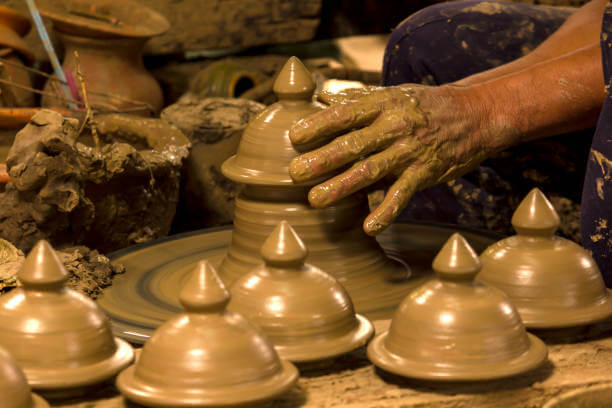Asfi-capital of ceramics, located on the Atlantic coast of western Morocco and serving as the capital of Asfi Province, has a population of 308,508 as per the 2014 census. With a historical legacy, it was occupied by the Portuguese Empire from 1488 to 1541 and played a central role in Morocco’s weaving industry. Becoming a fortified stronghold of the Portuguese Crown in 1508, Safi has been a significant fishing port, particularly for the sardine industry, and a key exporter of phosphates, textiles, and ceramics. Notably, during World War II, Safi was a pivotal site for Operation Blackstone, serving as one of the landing points for Operation Torch.

Safi, or Asfi, situated on the Atlantic coast of western Morocco, is characterized by its historical port, vital for phosphate exports and fishing. Rich in cultural heritage, Safi boasts influences from the Portuguese and Arab civilizations, evident in landmarks like the 16th-century Portuguese Sea Castle. The city is renowned for its pottery industry, producing vibrant ceramics. Safi attracts tourists interested in historical sites, markets, and the scenic Oualidia Lagoon. Its culinary scene, emphasizing seafood and Moroccan flavors, adds to the appeal. With educational institutions contributing to its vibrancy, Safi offers a diverse experience, blending history, economy, and coastal beauty. As travel experiences can vary, staying informed about the latest conditions is advisable.

Asfi-capital of ceramics:
Safi, also known as Asfi, stands out as a cultural and economic center in Morocco due to its renowned pottery and ceramics industry. With a historical legacy influenced by various civilizations, including the Portuguese and Arab cultures, Safi has a centuries-old tradition of producing vibrant and intricately designed ceramics. The city’s artisans employ traditional techniques such as hand-painting, glazing, and intricate tilework, preserving these skills through generations. Safi hosts numerous pottery workshops and studios crafting a diverse range of ceramic products, from plates and bowls to decorative items. The city’s ceramics hold significant cultural heritage, reflecting its rich history and diverse influences. The pottery industry serves as a tourist attraction, drawing visitors to explore markets, studios, and purchase authentic Safi ceramics as souvenirs. Beyond cultural value, Safi’s ceramics industry has a substantial economic impact, contributing to local employment and trade. Occasionally, the city hosts ceramic festivals, highlighting the craftsmanship of local potters and attracting visitors interested in the cultural aspects of ceramics. In essence, Safi offers a vibrant and authentic experience for those intrigued by traditional craftsmanship and the artistic heritage of Moroccan ceramics.


